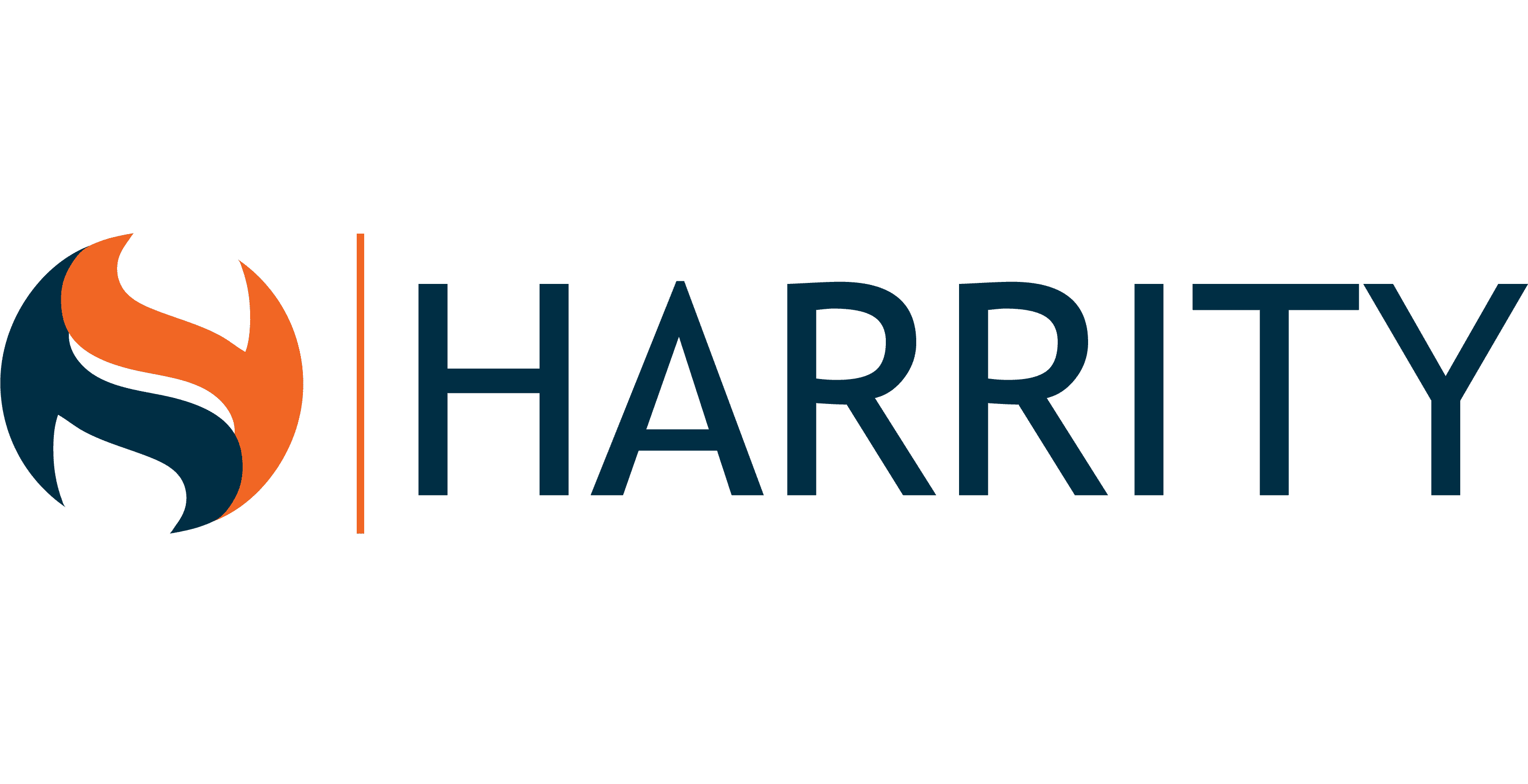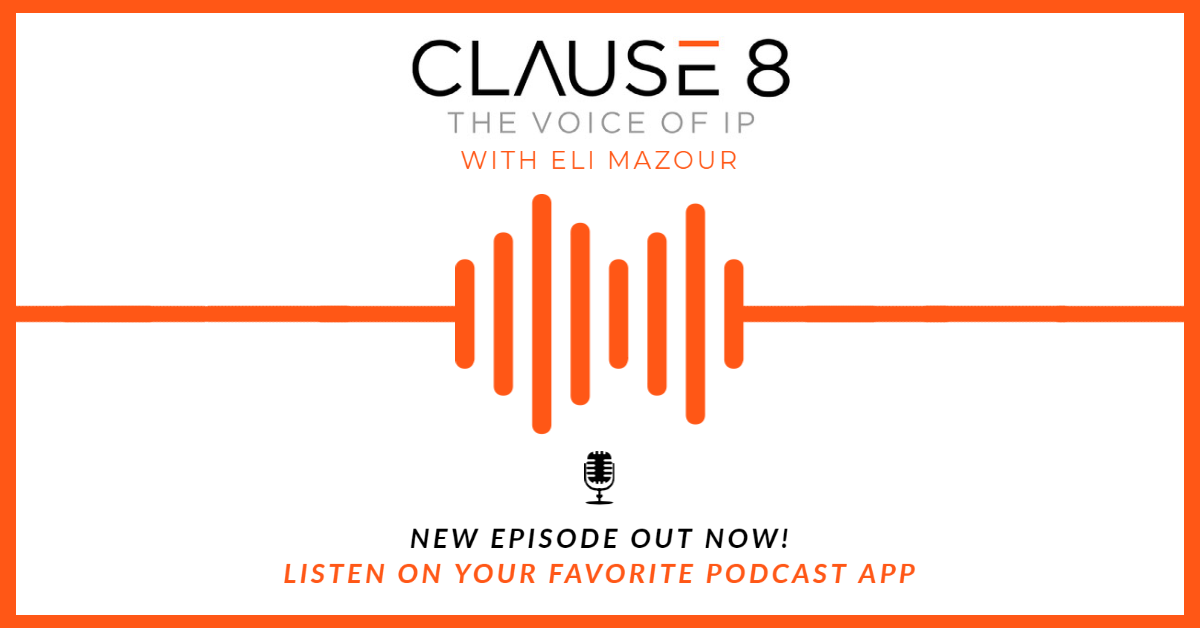Clause 8 Season 3, Episode 5: Professor Tim Hsieh Explains the Benefits of Judge Shopping
Eli Mazour‘s Clause 8 Podcast, The Voice of IP, has returned for Season 3, featuring all new exclusive interviews with the intellectual property community’s biggest names.

The 2017 TC Heartland LLC v. Kraft Foods Supreme Court decision led to a major shift in where patent litigation cases are filed in the United States. Before TC Heartland, a patent owner could bring a case in almost any district where an alleged infringer conducted business. Because of its predictable rules and streamlined procedures, the Eastern District of Texas became the most popular forum for such cases; nearly 40% of patent infringement actions were filed there in 2016.
When Professor Timothy Hsieh clerked in the Eastern District of Texas, he saw firsthand the benefits – for patent owners and defendants – of experienced judges handling patent cases. TC Heartland changed that by changing the rules regarding where companies can be sued for patent infringement. By 2017, only 15% of patent infringement cases were tried in the Eastern District of Texas. Instead, patent cases became concentrated in Delaware and California.
“If you’re not solving that forum shopping issue and you’re just changing the forum, then you might have a new problem that’s created […] wherever you shift the cases to,” Hsieh says.
But Hsieh’s key point is that forum shopping — or even judge shopping — is not a problem at all. In fact, it’s a good thing. “If anything, the defense are also getting a much fairer, much more balanced adjudication because you have someone who’s very knowledgeable about patent law,” Hsieh says.
Senator Patrick Leahy (D-VT) seemed to recognize these benefits of district court judges who have relevant patent expertise and experience when he included the Patent Pilot Program in the Leahy-Smith American Invents Act. The program allowed federal district court judges in select districts to volunteer to handle patent cases. The goal was for certain judges to have increased expertise – and as a result – do a better job.
However, after the program expired and Judge Alan Albright started attracting patent cases to his Waco court room in the Western District of Texas, Leahy had a change of heart. In an unprecedented letter to Supreme Court Chief Justice John Roberts, Leahy pressured Roberts to do what he could to stop Waco from being a go-to patent venue by suggesting there was something untoward about Albright’s interest in patent cases. The pressure campaign seems to have worked. In his end-of-year report, Roberts highlighted the issue and stressed “the role of district judges as generalists.”
Since Hsieh has become known as an expert on the subject of patent venues, I knew he was the perfect person to talk to about this recent controversy.
I also spoke with Professor Hsieh about whether how courts think about venue is outdated and his fascinating career trajectory of patent litigator turned patent examiner turned law school professor.
You can subscribe and listen to the full episode on your favorite podcasting app and learn more at voiceofIP.com. New episodes will drop every Tuesday!

